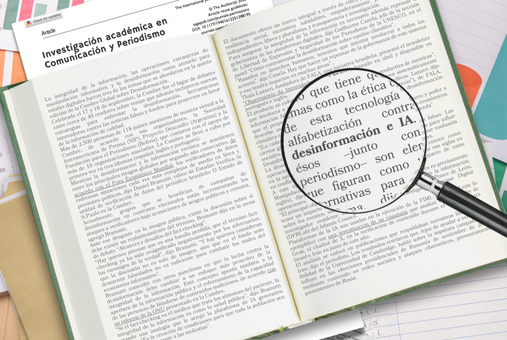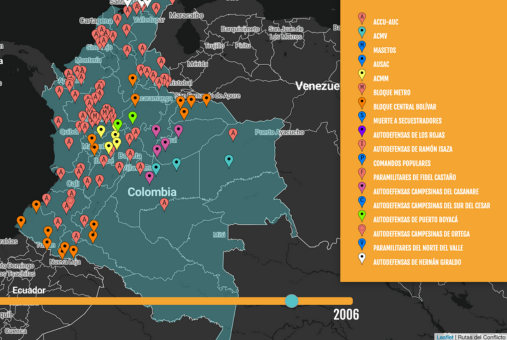
A survey of journalists from 18 Latin American countries suggests that in contexts of less press freedom, journalists are more likely to resort to transparency laws to obtain public information without exposing themselves to direct confrontations with officials.

Research on AI-driven disinformation remains scarce in Latin America, even as it booms in the U.S. and Europe. The authors of a new study urge universities to collaborate across borders to share resources and compare regional realities.

From identifying the type of study to detecting conflicts of interest and evaluating a journal's quality, science journalists from four Latin American countries recommend key best practices for addressing scientific topics with rigor and clarity.

In a new book, Argentine professor and journalist Fernando Ruiz maps the life cycle of citizen rights. He argues in an interview with LJR that journalism can strengthen or erode them at every step.

Preliminary data from a global survey with climate journalists reveals 60% show symptoms of psychological stress. Meanwhile, journalists said newsrooms do not offer adequate support.

Across the region, audiences are turning to social platforms and influencers for news, while artificial intelligence may be disrupting how people access information.

The late Max McCombs, a professor at the University of Texas at Austin. pioneered the internationally-recognized theory on the agenda-setting role of media.

A study conducted as Chileans voted on a new constitution in 2022 found that false information – magnified by newspapers and TV programs – influenced the outcome of the referendum.

Restrictive laws inspired by Russia and Hungary threaten independent journalism in Latin America, while the industry faces challenges from the economic crisis, influencers and advances in artificial intelligence.

Brazilian journalist Vanessa de Macedo Higgins Joyce focused on Argentina, Brazil and Colombia and found ways in which digital news media can build consensus in polarized societies.

After interviewing 14 media directors and editors from the region and doing content analysis of 210 reporting specials, they found that data units are also implementing disruptive practices to collect information.

Researchers say Google’s Innovation Challenge fosters dependence of news organizations on tech companies. Organizations told LJR that participating in the program led to other types of financing.